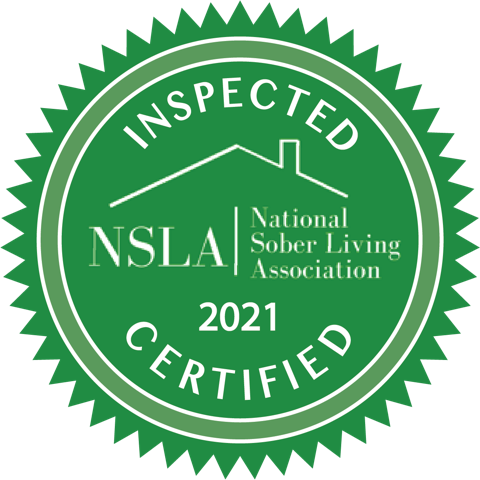Making decisions can be difficult, especially when your choice pertains to something potentially life-changing such as taking a new job or moving to a different state. Navigating decision-making as a newly sober person is even more challenging. How can you trust that you’re doing the right thing when you’re coming to terms every day with the consequences of your self-destructive behavior?
Learning how to make beneficial decisions in recovery takes time and experience. Consider these tips for simplifying this process.
1. Be Optimistic
Recovery is a gift because it allows you to turn over a new leaf, embrace all the possibilities that lie ahead of you and transform your life into what you always dreamed it could be. Still, you may second-guess yourself because you know many of the choices you made during active addiction steered you down an unhealthy path. Remember, you can’t expect to keep making progress in recovery if you insist on living in the past. Have a positive attitude and embrace setbacks as learning opportunities.
2. Forgive Yourself
The process of making amends requires you to take ownership for your behavior, recognize how you hurt loved ones and sincerely ask them to forgive you. But you can’t do that until you’ve forgiven yourself and accepted that you are only human. Then, you can finally start moving forward with confidence.
3. Use Healthy Coping Mechanisms
Substance use disorders often arise from a lack of healthy, productive strategies for dealing with complicated emotions. Now that you’re sober, you’ll need to learn new ways to manage and process your feelings. Your therapist can be one source of valuable information when you are feeling vulnerable and need a non-judgmental person to help you make decisions and work through your problems.
4. Ask for Advice
Nobody expects you to have all the answers or recover from addiction on your own. When in doubt, turn to close friends, family members, your AA sponsor or other people from your sober support network. Compassion and understanding are crucial for overcoming the loneliness and isolation of addiction. Asking for help is not a weakness, but a sign of wisdom, so don’t hesitate to reach out to others when you are struggling. Their advice can guide you to make decisions and hold you accountable for staying on track.
5. Reduce Decision Fatigue
Have you ever noticed that when you have low energy and feel burned out, even the simplest choices can be overwhelming? That’s because daily decision-making can be challenging in ways you don’t immediately notice. Decision fatigue, aka “analysis paralysis,” is a form of mental overload that can cause you to fall back into familiar patterns or behave impulsively. When you start looking for shortcuts instead of carefully weighing pros and cons, you could put yourself at risk of relapsing. Try to reduce the number of daily decisions you must make with strategies like putting out tomorrow’s clothes the night before or using the weekend to prep and freeze the following week’s worth of meals.
The Value of 12-Step Recovery
Still Waters is a Tennessee addiction treatment facility that provides an immersive experience based entirely on the 12 steps of AA. We’ve seen firsthand how the 12 steps provide spirituality, connection and faith in yourself – three things addiction can rob you of. When you join our family, you’ll find fellowship and love on your recovery journey. If other treatment methods have been unsuccessful for you and you would like to explore the 12 steps in depth, reach out to learn more.





